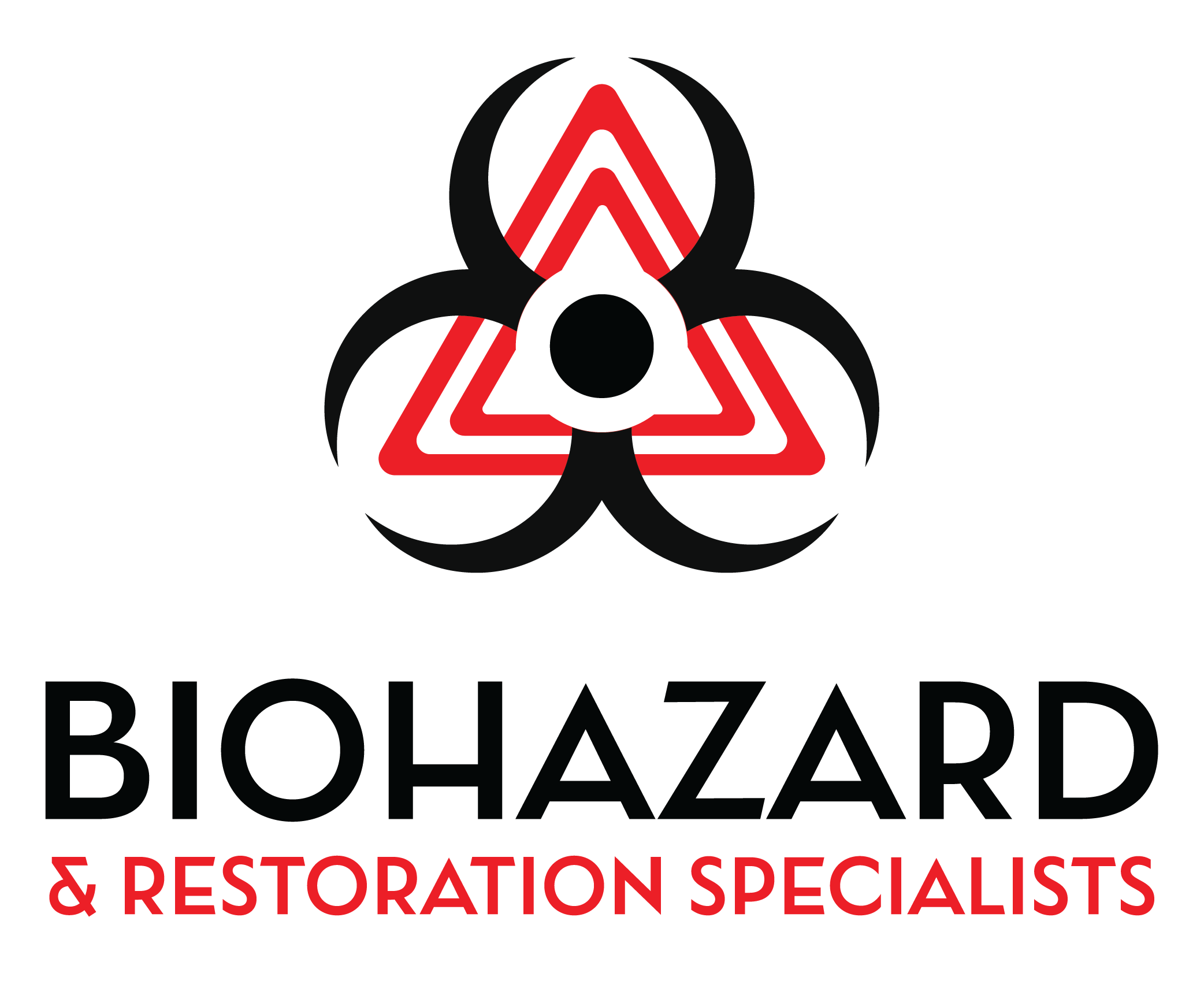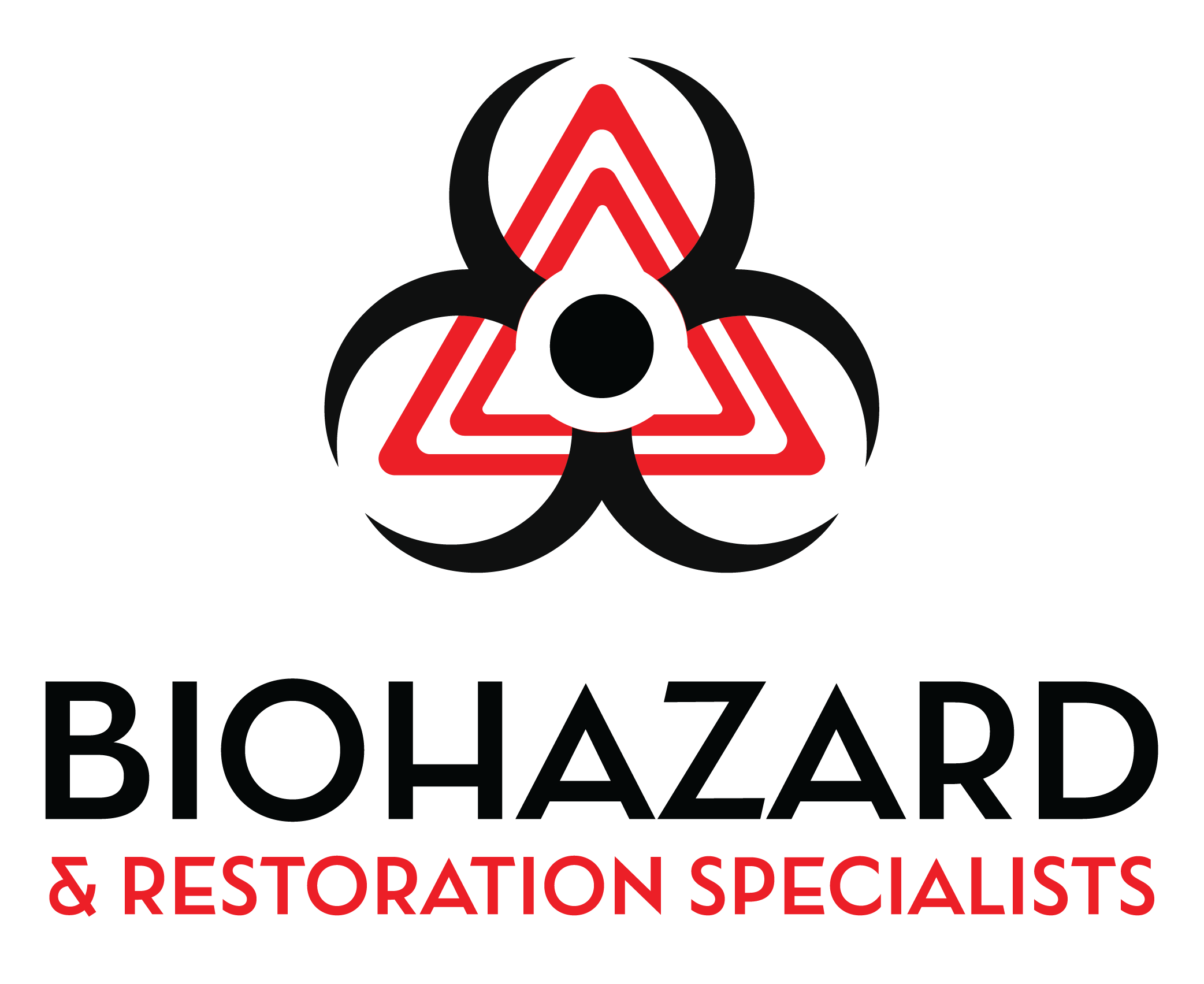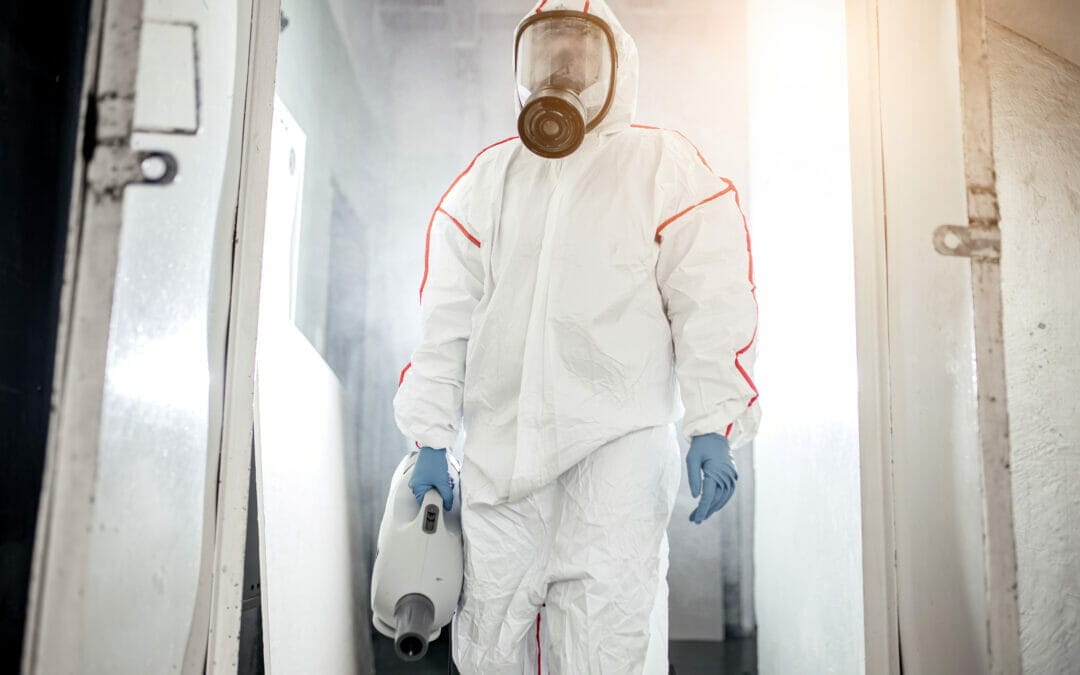When faced with an unexpected tragedy—whether it’s a crime scene, unattended death, or hazardous spill—families and property owners often ask the same urgent question: “Is biohazard cleanup covered by insurance?” The cost of professional cleanup can be significant, so understanding how insurance applies is critical.
Understanding Biohazard Cleanup
Biohazard cleanup involves the safe removal, disinfection, and disposal of dangerous materials such as blood, bodily fluids, chemical waste, or contaminated items. These services go beyond normal cleaning—they require certified technicians, specialized equipment, and strict adherence to OSHA and EPA guidelines.
Because of the health risks involved, professional biohazard remediation is essential, but many homeowners and business owners worry about affordability. That’s where insurance may step in.
Does Homeowners Insurance Cover Biohazard Cleanup?
In many cases, homeowners insurance will cover biohazard cleanup when the damage results from a covered event. Examples include:
- Crime Scenes – If your home becomes the site of a crime, insurance often covers cleanup.
- Unattended Death – When a death goes unnoticed, the resulting hazards are usually covered.
- Accidents in the Home – Insurance may apply if blood, bodily fluids, or hazardous waste must be removed.
Coverage depends on the specific policy and circumstances, so always review your policy or speak directly with your insurance adjuster.
Situations Where Insurance May Not Apply
While coverage is common, there are cases where insurance may not cover biohazard cleanup:
- Intentional Acts – If damage was caused deliberately by the policyholder.
- Business-Related Hazards – Some commercial biohazards may require separate business policies.
- Excluded Events – Certain policies exclude cleanup from hoarding, mold, or long-term neglect.
It’s important to clarify what your insurance policy includes so you’re not caught off guard.
How the Claims Process Works
- Call a Professional Cleanup Company First – Immediate response is critical for safety. Reputable companies often work directly with insurance providers.
- Contact Your Insurance Company – File a claim and describe the situation honestly and accurately.
- Documentation – Cleanup companies provide detailed reports, photographs, and invoices to help your claim get approved quickly.
- Direct Billing – In many cases, the cleanup company will bill the insurance carrier directly, reducing stress for the property owner.
Why You Should Use a Certified Biohazard Company
Even if insurance covers the cost, carriers often require that a licensed and certified biohazard cleanup company handles the work. Attempting cleanup yourself is not only dangerous but could also void coverage.
Certified companies:
- Follow OSHA and EPA regulations.
- Provide documentation insurance companies require.
- Ensure proper disposal of hazardous waste.
Q: How much does biohazard cleanup cost without insurance?
A: Depending on the situation, costs may range from $1,500 to over $10,000. Insurance can greatly reduce or eliminate this burden.
Q: Will my insurance rates go up after a biohazard claim?
A: In most cases, no. Biohazard cleanup claims are often treated like fire or flood damage—unforeseen emergencies.
Q: Can renters insurance cover biohazard cleanup?
A: Yes, if the damage affects personal property, renters insurance may cover part of the cleanup. The property owner’s policy typically covers structural cleanup.
So, is biohazard cleanup covered by insurance? In most cases, yes—especially when tied to crime scenes, accidents, or unattended deaths. The best step is to call a certified cleanup company immediately and let them help guide you through the claims process.
This not only ensures your safety but also maximizes your chance of having insurance cover the full cost.


